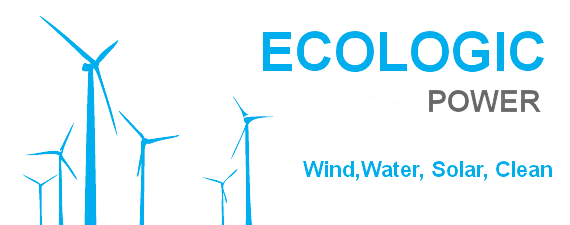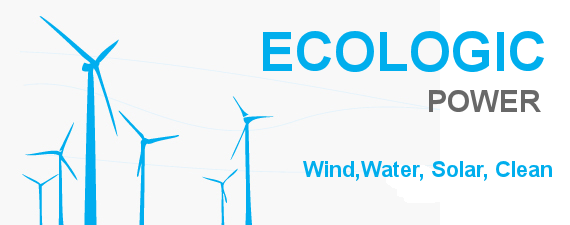Solar energy is cheap, abundant and environmentally friendly so why don’t we rely on it that much compared to other countries? The answer is simply that there are pros and cons with using this form of alternative energy!
As a solar power expert, I have witnessed the evolution of solar energy technology and its implementation in various industries. Solar energy is a renewable source of energy that harnesses the power of the sun to produce electricity. With the growing concern for the environment and the depletion of non-renewable energy sources, it is crucial to consider solar energy as a potential alternative.
Advantages of Solar Energy
Solar energy has several benefits that make it a popular alternative energy source. Some of the advantages include:
* Easy installation
* No energy costs after set up
* Zero emissions
* Widely available
A solar energy system is composed of several components including solar panels, an inverter, battery, charge controller, wires, and support structure. To produce one kilowatt of power, you will need 10 to 12 solar panels that occupy 100 square feet of space. The panels are made of light-weight materials and won’t cause damage to your roof. The cost of installation is around $10,000 and can be done in one or two days by a contractor.
Positive Environmental Impact
Using solar energy can greatly reduce the negative impact we have on the environment. By using one kilowatt of solar energy, you can save 170 lbs of coal from being burned, 300 lbs of carbon dioxide from being released into the atmosphere, and 105 gallons of water that most homeowners use up every month.
Challenges of Solar Energy
While solar energy has many benefits, there are also some challenges that come with using it as a source of alternative energy. Some of the drawbacks include:
* High cost of solar cells
* Limited power collection during daytime only
* Weather and location affecting the amount of sunlight collected
* Large area needed for power collection
However, experts believe that the price of solar cells and its ability to collect power will improve in the future. Currently, a kilowatt of solar energy can produce 1600 kilowatt-hours per year in sunny climates, which translates to 5.5 hours of electricity per day. If you produce 750 kilowatt of power, you will only receive 2.5 hours of electricity per day. Solar panels come in various colors and have a 5-year warranty. Manufacturers have installed batteries in the panels to ensure that you receive more than 5 hours of power even during cloudy days and nights.
Applications of Solar Energy
Solar energy can be applied to more than just powering homes. It can be used to power small devices like calculators, to larger things like planes, satellites, and cars. Solar energy systems are easy to maintain, making it a convenient and practical alternative energy source.
Conclusion
When deciding if solar energy is a good alternative energy source, you should think about both its pros and cons. Even though it has some problems, solar energy is a renewable source of energy that doesn’t hurt the environment and will make us less reliant on energy that doesn’t come from the sun. I believe that people should seriously consider investing in solar energy for a sustainable future.


